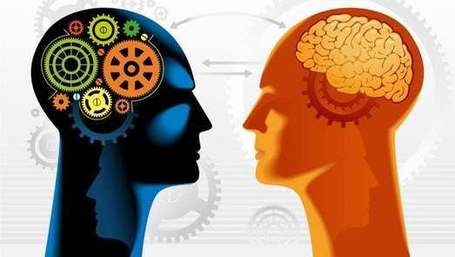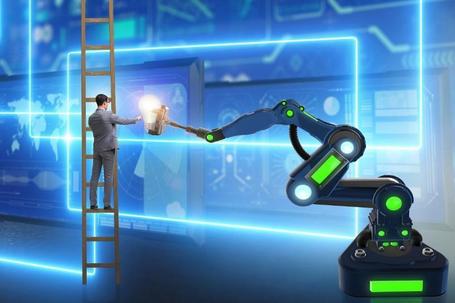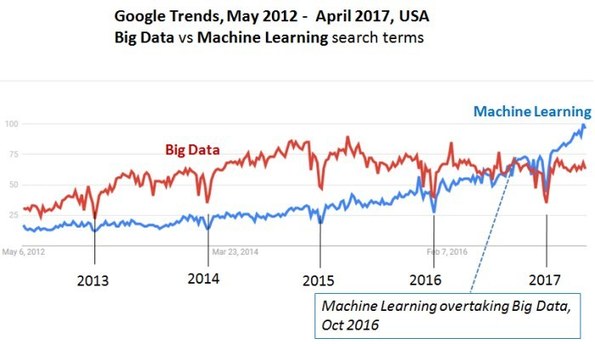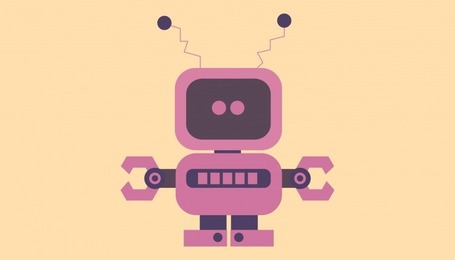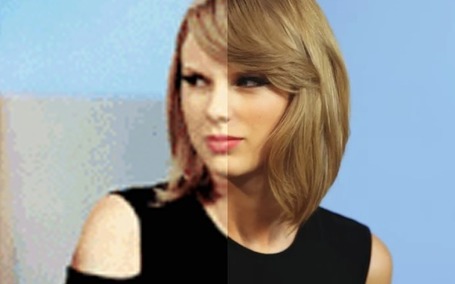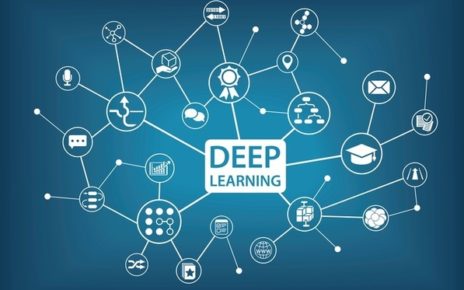Over the past year, it’s become pretty clear that machines can now beat us in many straightforward zero-sum games. A new study from an international team of computer scientists set out to develop a new type of game-playing algorithm – one that can play games that rely on traits like cooperation and compromise – and the researchers have found that machines can already deploy those characteristics better than humans.
Chess, Go and Poker are all adversarial games where two or more players are in conflict with each other. Games such as these offer clear milestones to gauge the progress of AI development, allowing humans to be pitted against computers with a tangible winner. But many real-world scenarios that AI will ultimately operate in require more complex, cooperative long term relationships between humans and machines.
“The end goal is that we understand the mathematics behind cooperation with people and what attributes artificial intelligence needs to develop social skills,” says lead author on the new study Jacob Crandall. “AI needs to be able to respond to us and articulate what it’s doing. It has to be able to interact with other people.”
Sourced through Scoop.it from: newatlas.com

